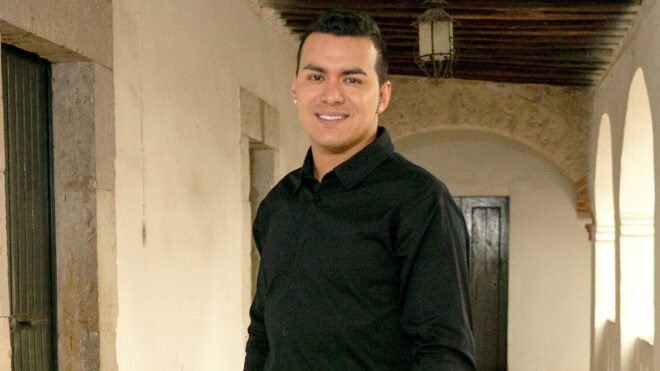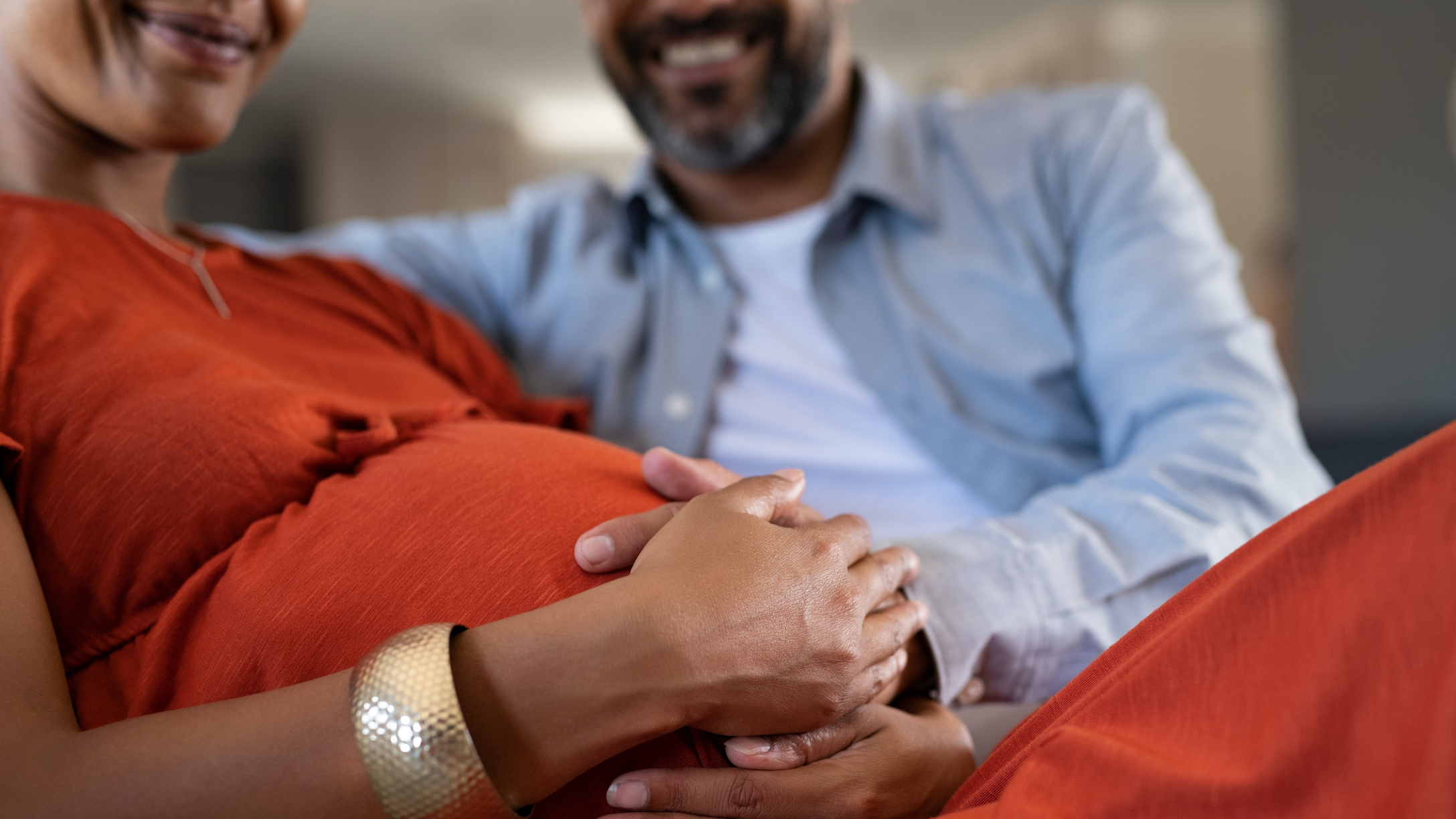
Having a baby after the age of 40 seems kind of normal nowadays because we see so many examples of it, and there are what seems like a ton of celebrity moms who got pregnant in their 40s. So how hard can it be for the average healthy woman to get pregnant naturally after 40? Well, it's not impossible, but you are fooling yourself if you think that age doesn't matter when it comes to getting pregnant and delivering a healthy baby later in life. It does. It matters a lot and you should be informed of all the ways that being over 40 can affect your chances of having a baby.
More from MamásLatinas: Celeb moms over 40 who look better than ever
We've gathered important information on fertility for women over the age of 40. None of this information is meant to scare you or make you think that once you hit 40 you won't be able to get pregnant. No, instead, this information is meant to help you make informed choices, explore your options, and know what to ask when you are talking to your health care providers. We love sharing this kind of information because knowledge is power and knowledgeable women are empowered women. Read on and right on!
Why are women told that it's best to have kids before they are 35?
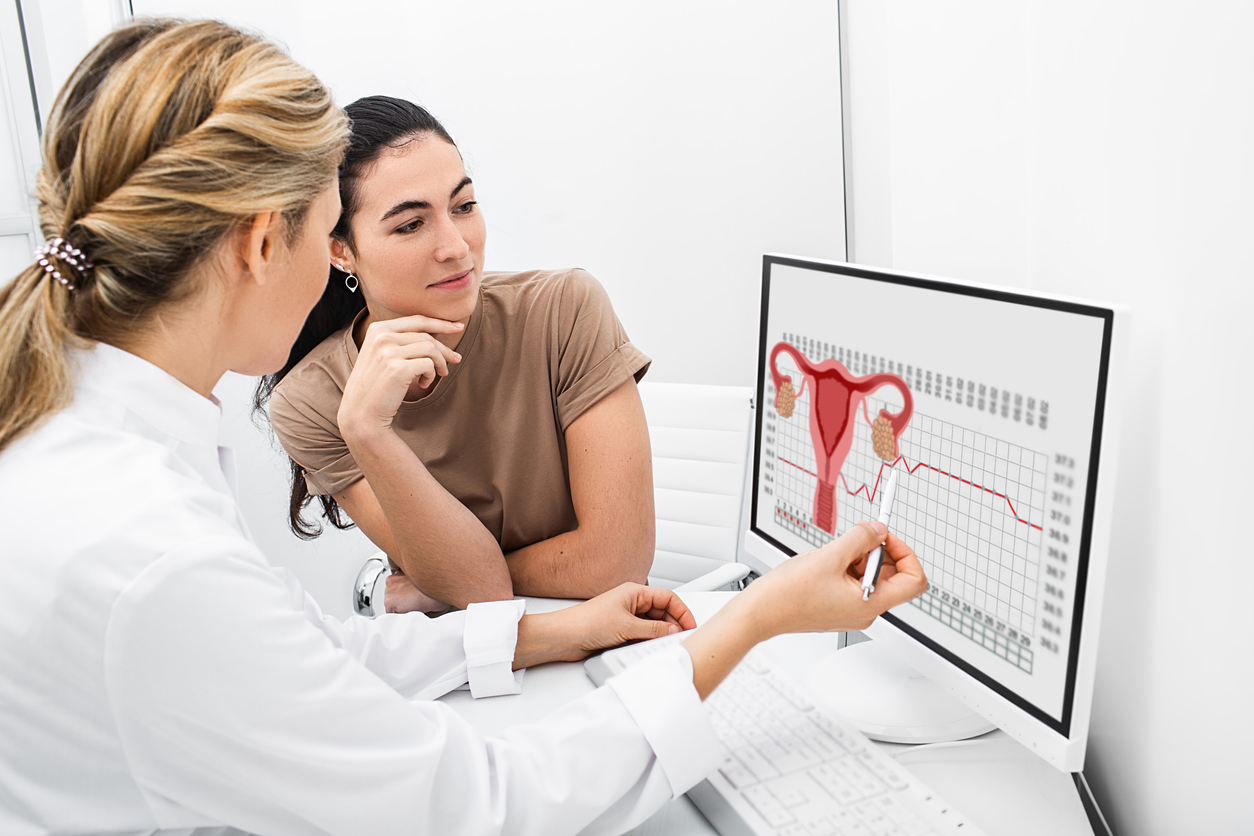
A woman's fertility is best during her 20s and as women get older their fertility declines. The American Society of Reproductive Medicine explains it like this:
"Fertility gradually declines in the 30s, particularly after age 35. Each month that she tries, a healthy, fertile 30-year-old woman has a 20% chance of getting pregnant. That means that for every 100 fertile 30-year-old women trying to get pregnant in 1 cycle, 20 will be successful and the other 80 will have to try again. By age 40, a woman's chance is less than 5% per cycle, so fewer than 5 out of every 100 women are expected to be successful each month."
Why has the number of first-time moms after 40 has gone WAY up?
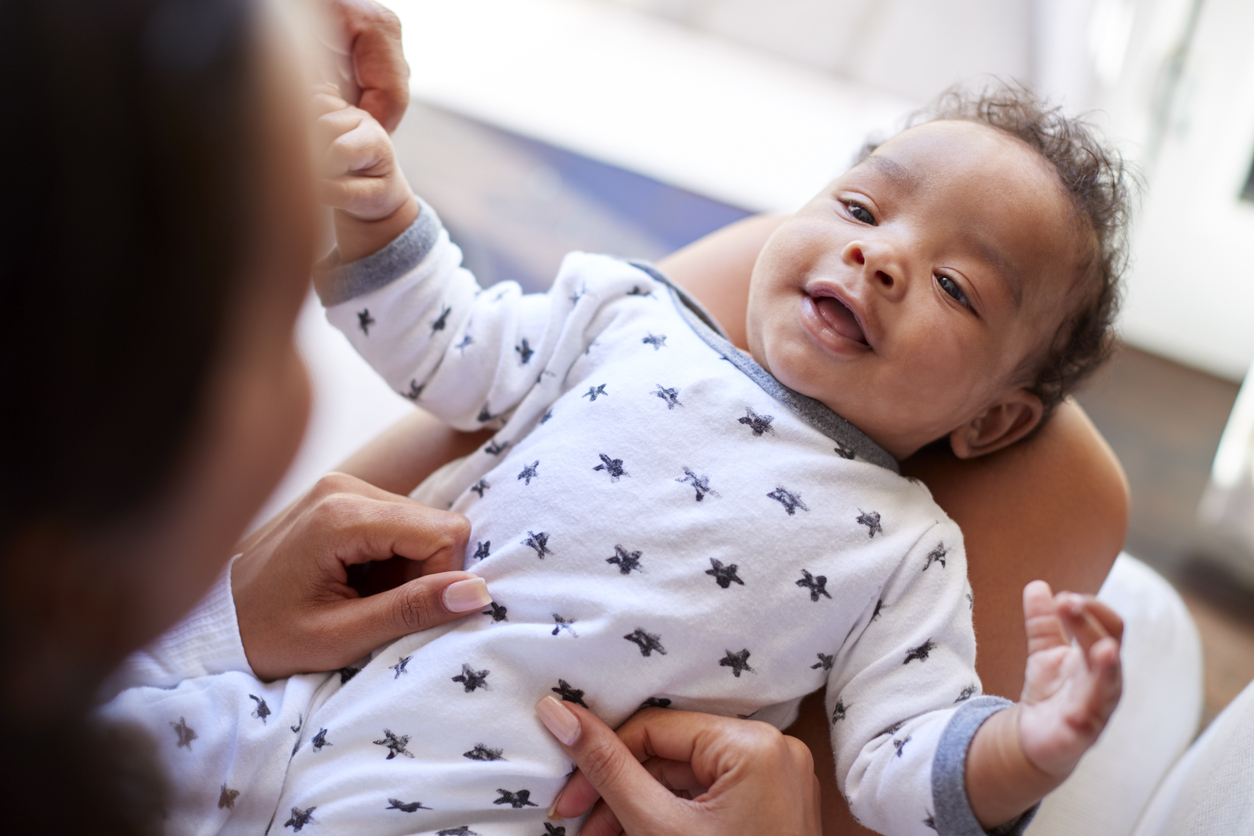
According to the Centers for Disease Control and Prevention, the number of first-time moms ages 40 to 44 more than doubled from 1990 to 2012. Even without being scientists or looking at census data, it's easy to think of reasons why women are putting off having babies until after 40. More women are getting advanced degrees, more women are working, more women are waiting to settle down until later in life, and more women are waiting to be economically stable before having a child are just a few of the reasons that come to mind.
Are there any benefits to having children after 40?

Well, although there might not be physical benefits, there are certainly mental and circumstantial benefits. You might be in a better place mentally and financially to care for a child when you are older. You might also be in a more stable place relationship-wise.
Is it riskier to get pregnant after 40?

All pregnancies after 40 are considered high risk. The older a pregnant woman is, the higher her risk of a miscarriage. That risk increases because older women's eggs can have either too many or not enough chromosomes and most embryos with too many or not enough chromosomes result in a miscarriage.
There are other risks aside from miscarriage.
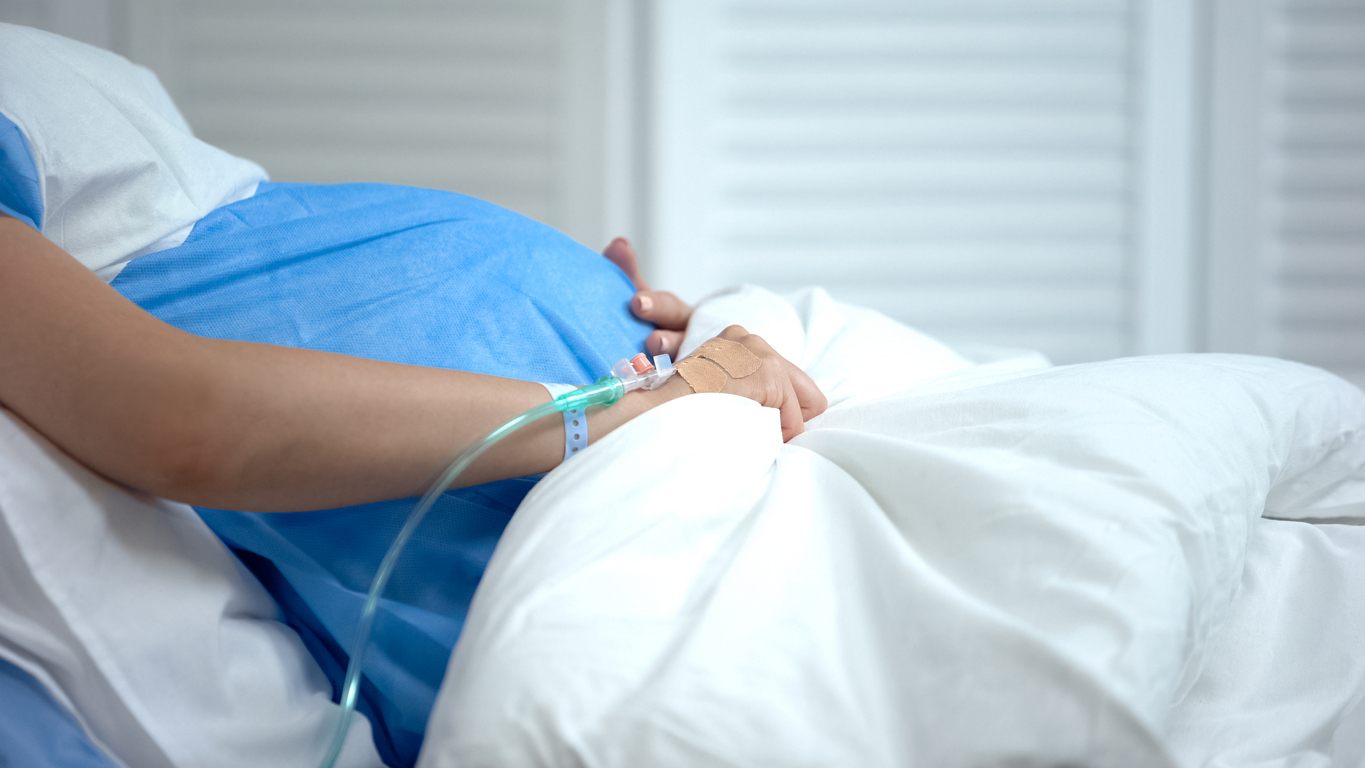
Doctors like to monitor pregnant women over 40 closely because they are at a higher risk for the following conditions:
- High blood pressure that can lead to preeclampsia, which is dangerous for both the mother and child
- Gestational diabetes
- Birth defects, including Down syndrome
- Low birth weight
- Ectopic pregnancy
The optics of fertility versus the reality.
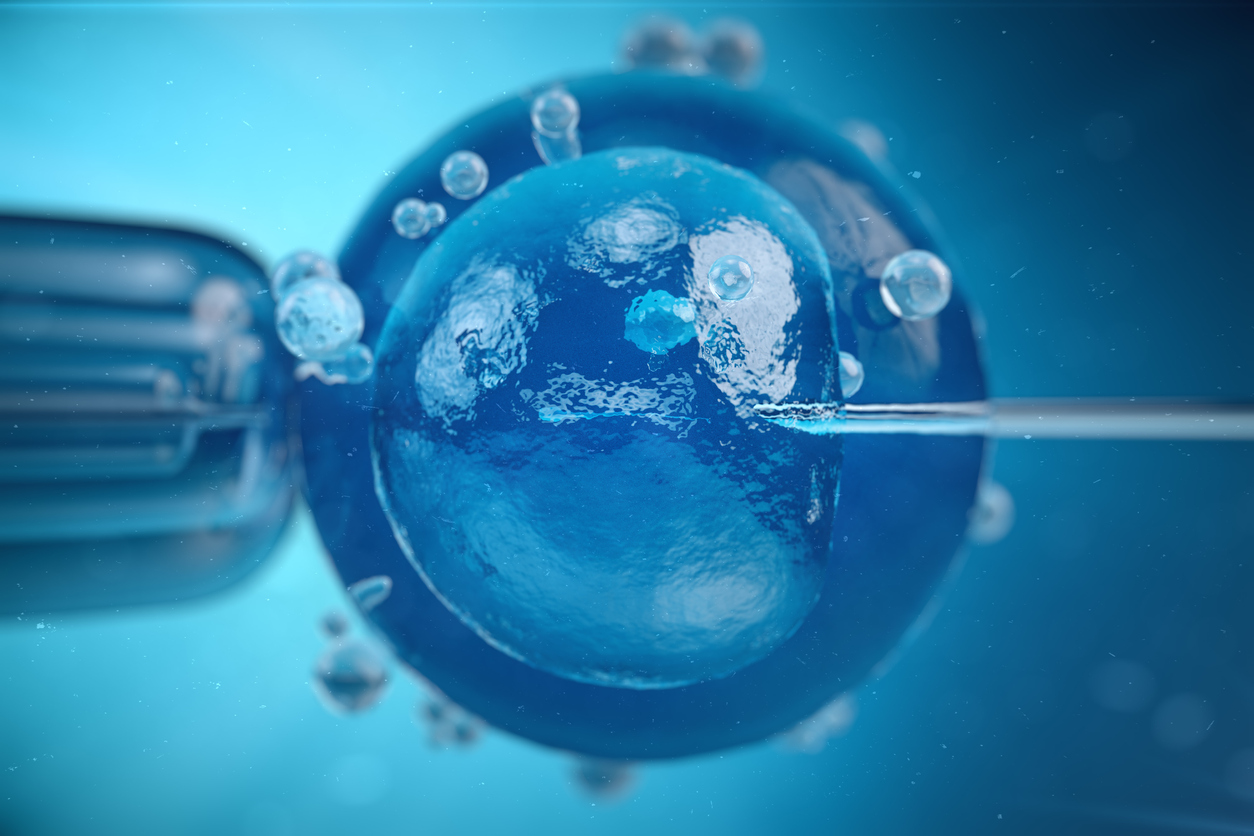
You'll see a lot of stories in the media of older women getting pregnant and that might make you think that it was easy for them, but the truth is that a lot of women over 40 get pregnant not just by choice and by doing it the good ol' fashioned way. Many use fertility treatments like in vitro fertilization or freezing their eggs to use later. Fertility treatments tend to be expensive and aren't always covered by insurance, so they aren't necessarily a viable option for many.
What about male fertility?

A man's sperm quality does decrease with age, but usually it is not a problem until they are over 60. But that doesn't mean that men can't experience fertility issues at any age. It doesn't hurt for men to see their doctors and discuss their own fertility just to rule out any possible issues.
How to get pregnant naturally after 40.
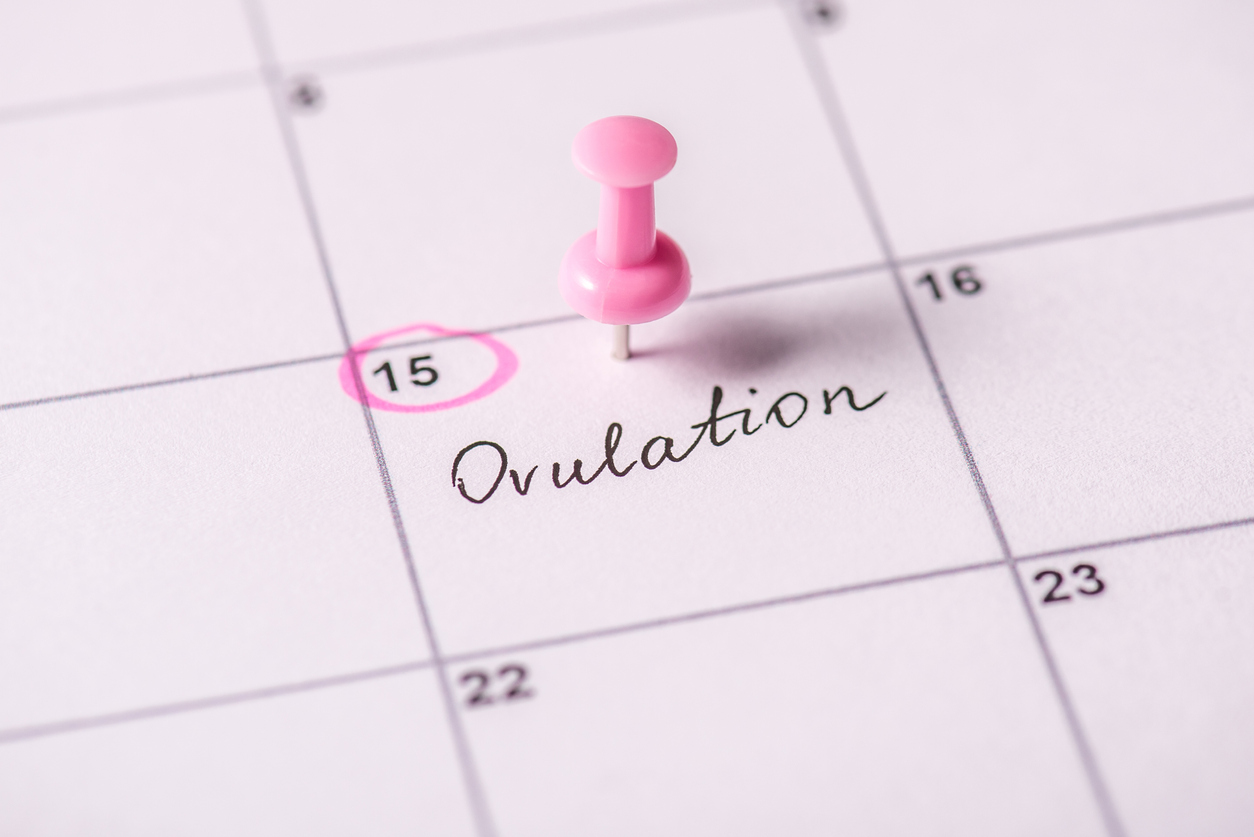
To get pregnant after 40, if you're a heterosexual couple, you basically have to do the same things a couple under 40 have to do to get pregnant. You have to have intercourse during the female's fertility window, which includes the days leading up to ovulation as well as the day of ovulation. You can use ovulation predictor tests to help you narrow down the window. Also, talk to your doctor and ask when the best time to have intercourse in order to get pregnant is and how to figure out when you've reached that time in your cycle.
How long does it take to get pregnant after 40?
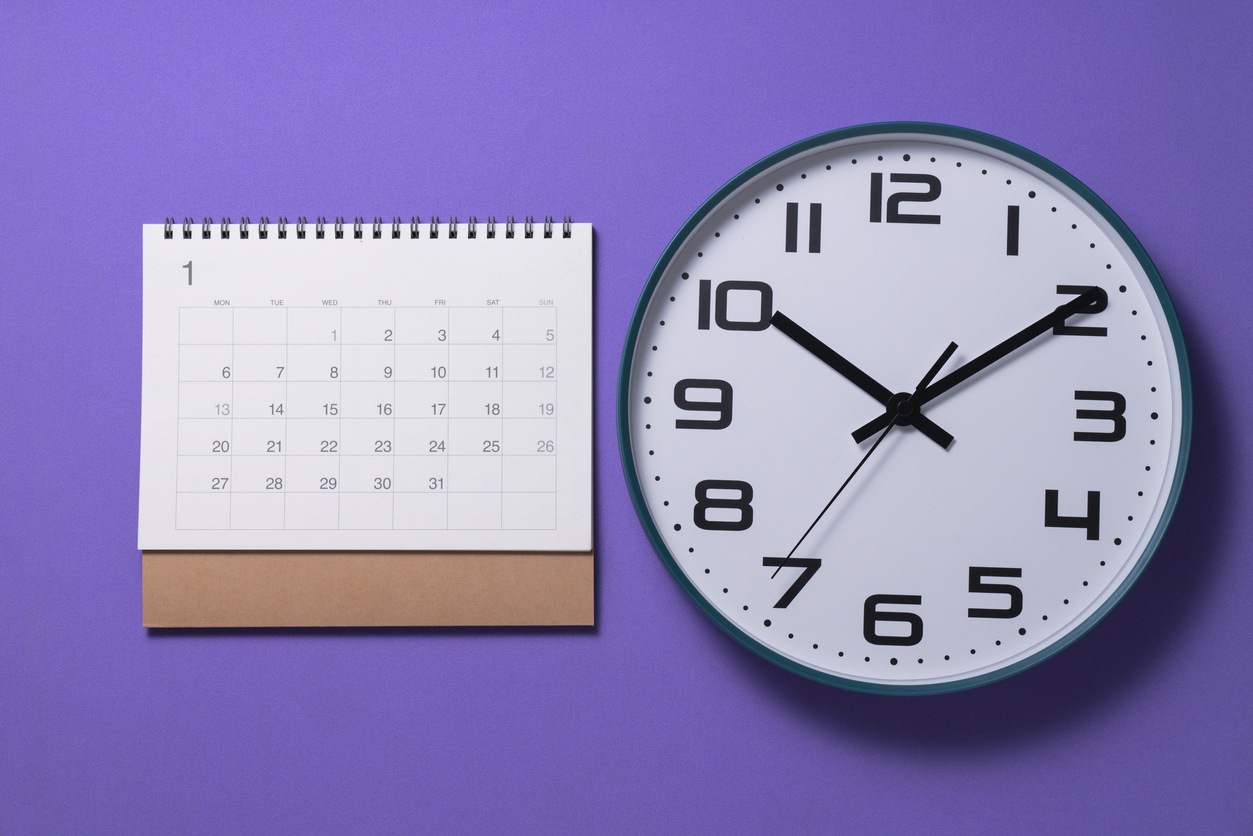
Of course, how long it takes to get pregnant depends on so many things, so we can't give you a specific range of time. What we can tell you is that in women under 35 infertility is diagnosed after a year of actively trying to get pregnant, meaning having unprotected sex without the use of contraceptives. But and this is a very important but, for women over 40 the time frame to diagnose infertility is six months. This matters because when you're over 40, your window of opportunity is significantly decreased, so you want to seek medical help sooner rather than later.
Decreased egg quality is a common issue for women over 40.
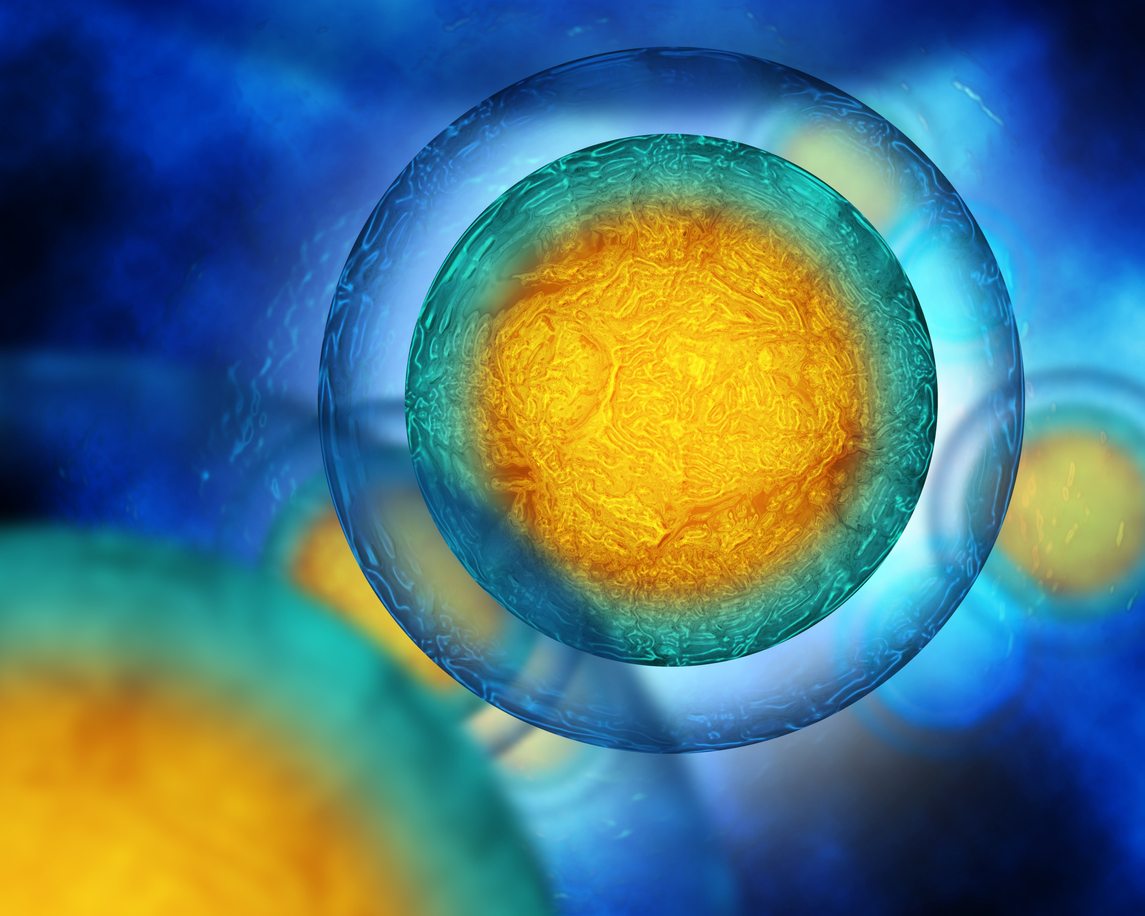
"The ability to conceive, and the risk of miscarriage and Down's syndrome in pregnancy, all relate to the age of the egg and hence the woman's age," says Dr. Jane Stewart, chair of the British Fertility Society. "Women in their 40s have less chance each cycle but although it may take more time, it is possible."
There's also perimenopause to consider.
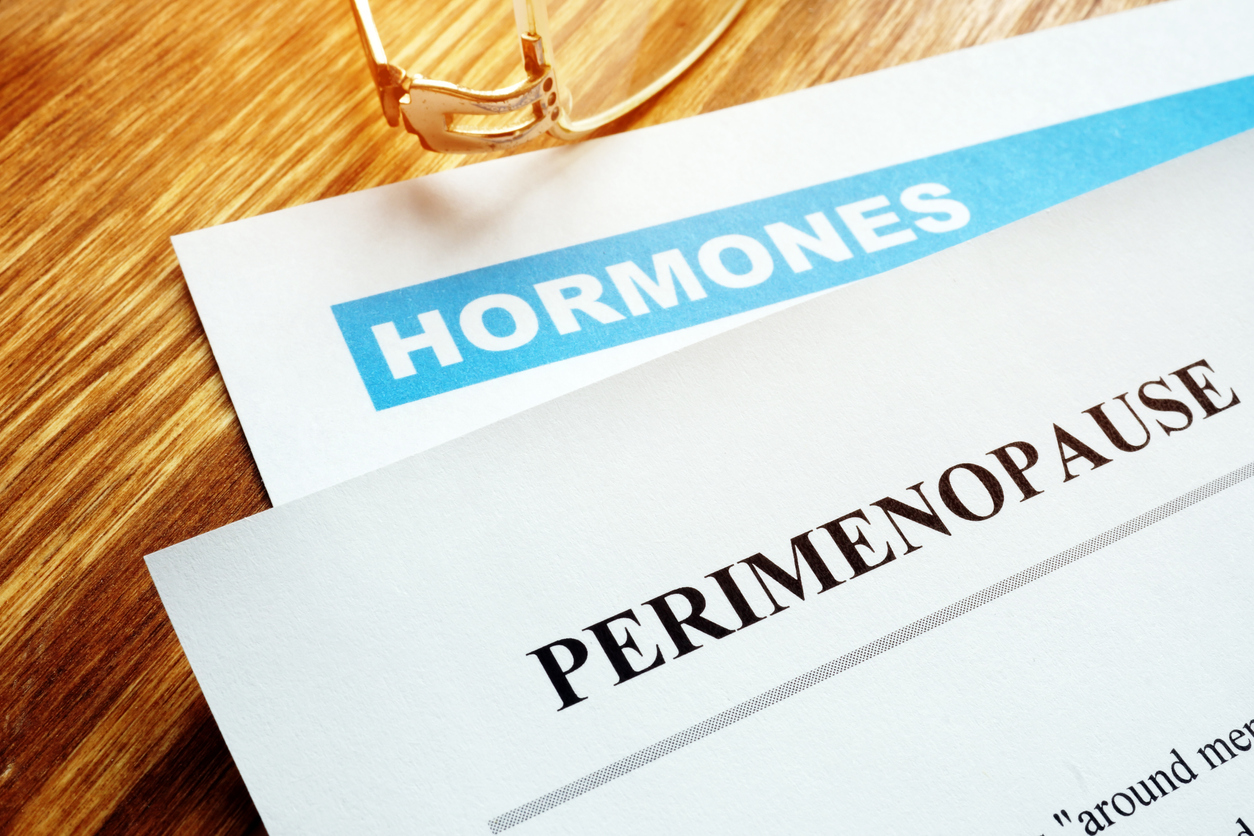
According to the Mayo Clinic, "Perimenopause means 'around menopause' and refers to the time during which your body makes the natural transition to menopause, marking the end of the reproductive years." During this time, you can still get pregnant, but it can be challenging. "Premature ovarian insufficiency (and impending early menopause) can significantly reduce your chances of getting pregnant and can be unexpected," says Stewart. "During perimenopause women tend to ovulate less frequently and their periods are more spaced out, which also reduces chances of conceiving, but it can still happen."
How long before actual menopause can you still get pregnant?
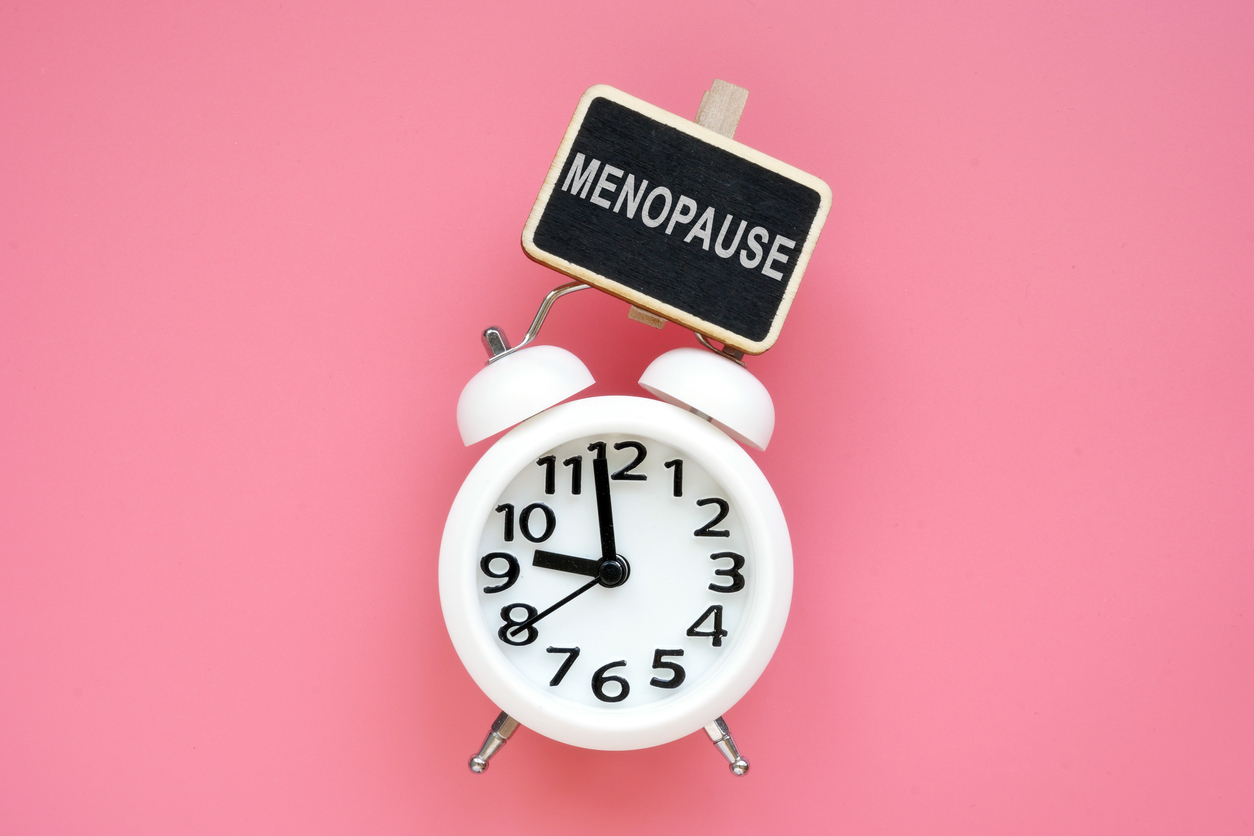
A woman is considered to be menopausal when she hasn't had a period for 12 months. But according to ASRM, "Generally, reproductive potential decreases as women get older, and fertility can be expected to end 5 to 10 years before menopause."
There are some things you can do to improve your fertility.
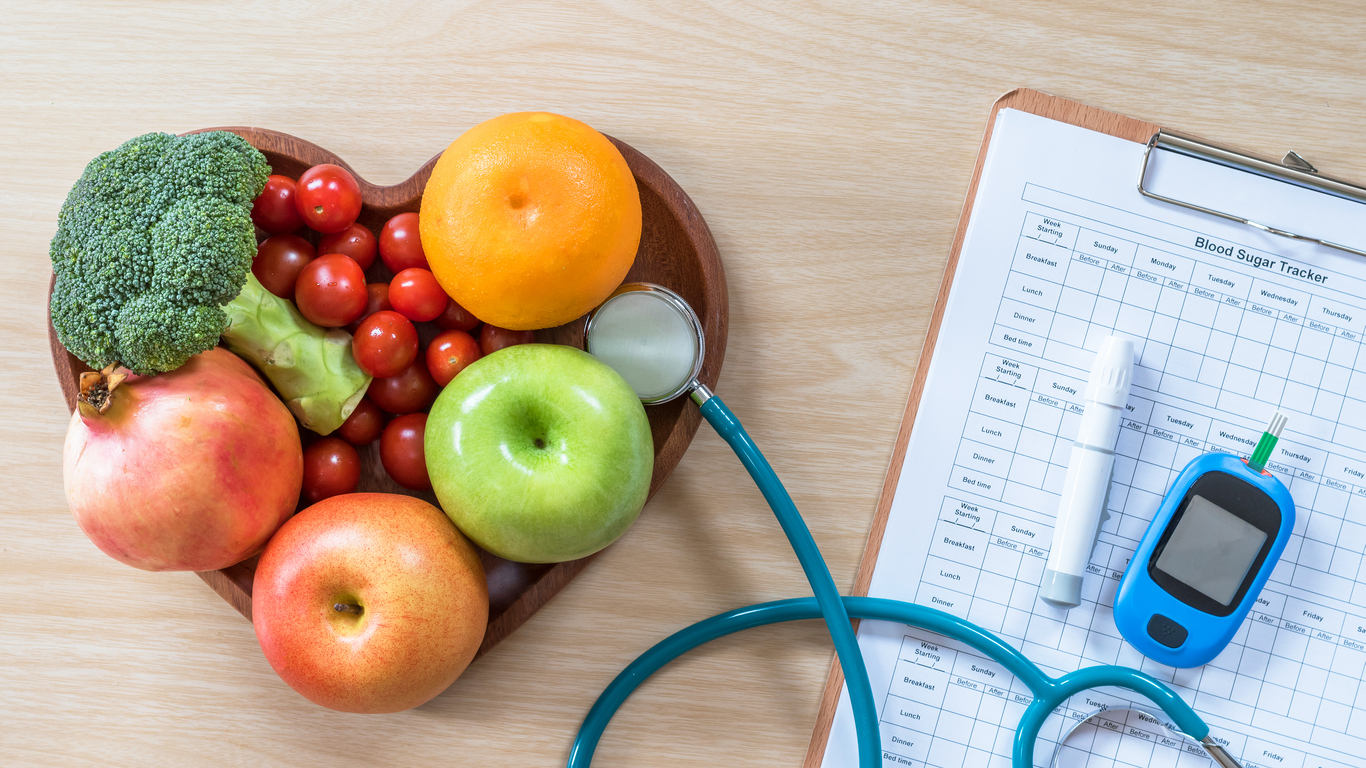
You can't change your age or the natural age-related decline of fertility, but you can make some changes that can help up your chances of getting pregnant after 40. "Exercise, eat well and maintain a stable body weight; obese women may have too much estrogen due to too much body fat, which can contribute to fertility problems and low body fat can cause ovulation to stop," advises Emma Cannon, fertility expert, registered acupuncturist. "Abstain from alcohol whilst you're trying for a baby, not just once you are pregnant. Cut out smoking way before you hit 40—smoking accounts for 13% of the world's infertility and ages you by 10 years in fertility terms."
Getting pregnant in your 40s.

Getting pregnant at 40: There is less than a 5% chance of getting pregnant per cycle.
Getting pregnant at 40 to 44: There is a 33% chance of miscarriage.
Getting pregnant at 45 to 54: This age group has the highest rates of preeclampsia, postpartum hemorrhage, hysterectomy, and C-section deliveries.
Keep things in perspective.
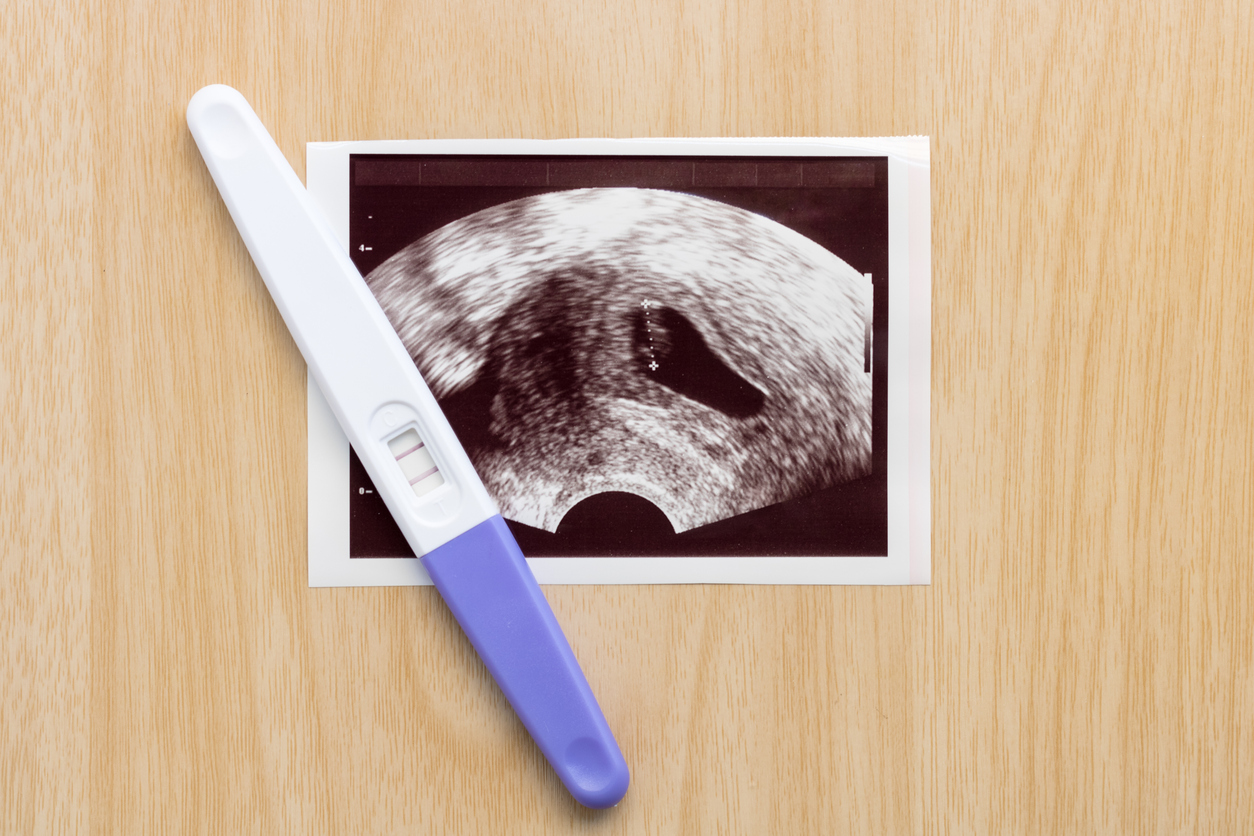
It's easy to get discouraged when you read about the difficulties of getting pregnant after 40, but it is important to keep things in perspective. For example, according to the CDC, 30% of women between the ages of 40 and 44 experience infertility. That's definitely not a negligible number, but that also means that 70% of women between the ages of 40 and 44 do not experience infertility and that's great! Remember that knowledge is power. We're sharing this information not to give you a false sense of hope or to make you feel defeated before you even start, it's just to present you with a realistic picture of what it takes to get pregnant after 40.

